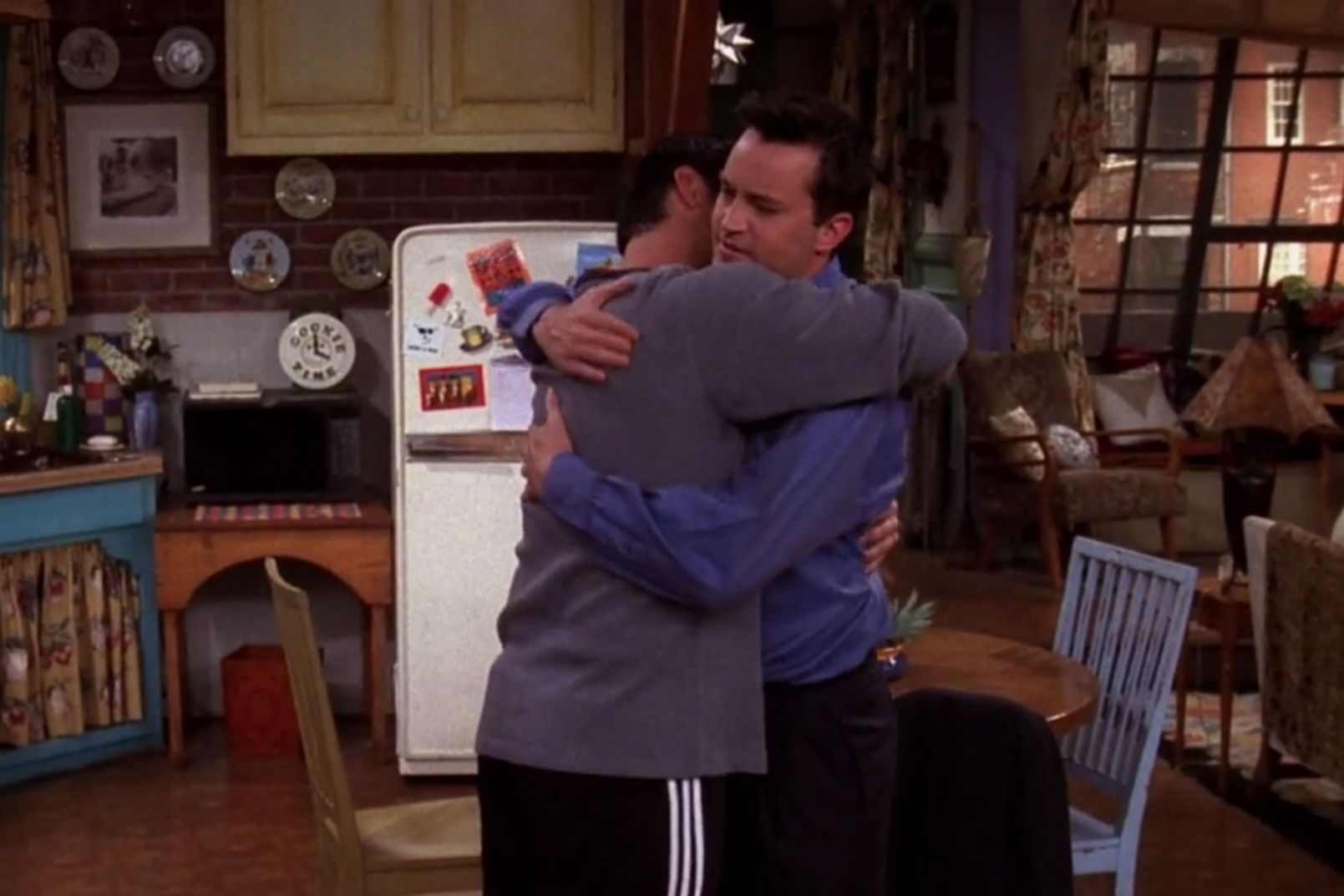The scientific proof that hugging after an argument can make you feel better
When in doubt, hug it out

Your support helps us to tell the story
From reproductive rights to climate change to Big Tech, The Independent is on the ground when the story is developing. Whether it's investigating the financials of Elon Musk's pro-Trump PAC or producing our latest documentary, 'The A Word', which shines a light on the American women fighting for reproductive rights, we know how important it is to parse out the facts from the messaging.
At such a critical moment in US history, we need reporters on the ground. Your donation allows us to keep sending journalists to speak to both sides of the story.
The Independent is trusted by Americans across the entire political spectrum. And unlike many other quality news outlets, we choose not to lock Americans out of our reporting and analysis with paywalls. We believe quality journalism should be available to everyone, paid for by those who can afford it.
Your support makes all the difference.It’s frequently said, in the words of Virgil, that “love conquers all”.
However, according to a recent study, there’s scientific proof that showing some love after a quarrel can make you feel a lot better.
Researchers from Carnegie Mellon University in Pennsylvania, USA carried out an experiment to investigate the effect that hugging after an argument can have on a person’s temperament.
The team, led by Dr Michael Murphy from the department of psychology at the university, enlisted 404 participants for the study, which was published in scientific journal Plos One.
Over the course of a fortnight, the participants were interviewed about any arguments that they’d had, whether or not they’d hugged the person that they’d quarrelled with afterwards and how embracing affected the way they felt.
The results showed that those who hugged the person that they’d had an altercation with were more likely to feel positive after an argument than those who hadn’t.
According to the researchers, this study highlights the positive impact that human touch can have when developing relationships with others.
“Non-sexual interpersonal touch is emerging as an important topic in the study of adult social relationships,” they write in the study.
“Interpersonal touch is associated with increased attachment security, greater perceived partner support, enhanced intimacy, higher relationships satisfaction, and easier conflict resolution.
“Receiving a hug on the day of conflict was associated with improved concurrent negative and positive affect and improved next day negative affect compared to days when conflict occurred but no hug was received.”
While the researchers found a positive correlation between hugging and an improved mood, they acknowledge that there may have been other factors that contributed towards the positive or negative moods of the participants.
Furthermore, their study didn’t focus on the severity of the arguments nor on the relationships between the quarrelling individuals.
“Notwithstanding these limitations, this study contributes to our understanding of the role of interpersonal touch in buffering against deleterious outcomes associated with interpersonal conflict,” they conclude.
Join our commenting forum
Join thought-provoking conversations, follow other Independent readers and see their replies
Comments